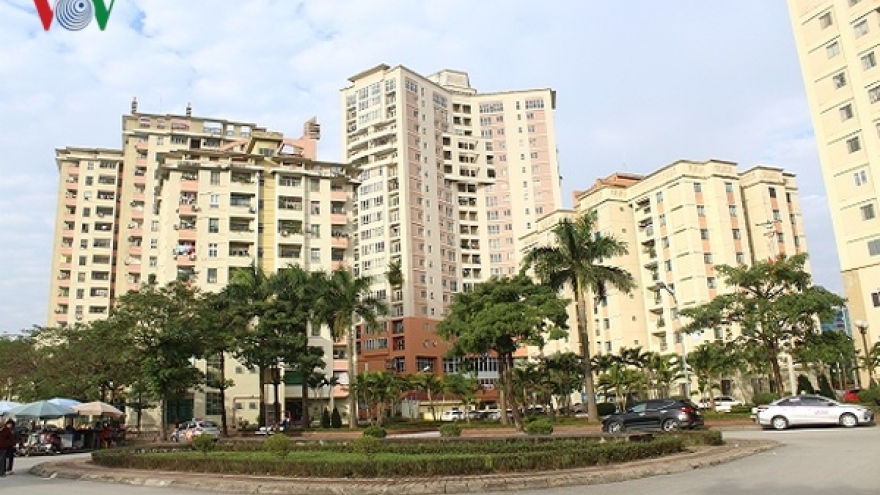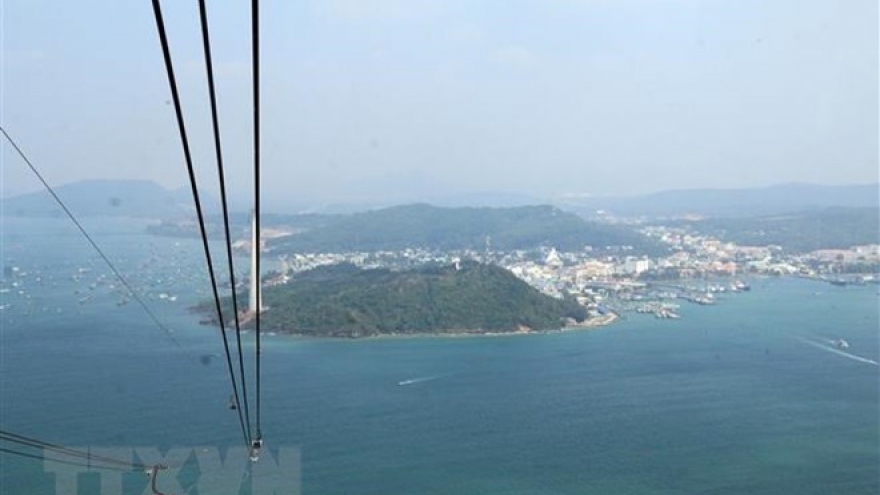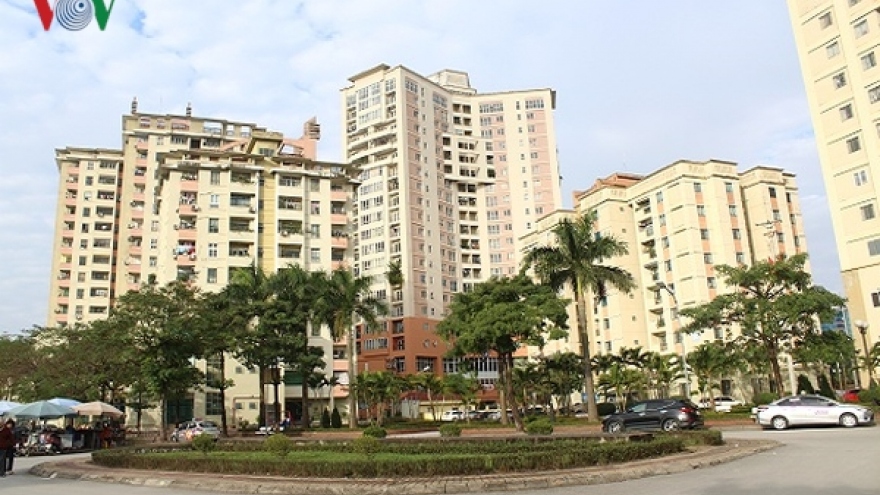Time to invest in prime home sector: industry insider
VOV.VN - In the current climate, tremendous opportunities have emerged for long term investment in the luxury end of the local real estate market, according to Neil MacGregor, managing director of real estate service provider Savills Vietnam.
 |
| The momentum in Vietnam’s residential market continues to be driven by its golden demographics, a positive economic outlook, and the completion of new infrastructure projects. (Photo: reatimes.vn) |
MacGregor assumes that buyers are set to benefit from potential capital appreciation as Vietnam continues to enjoy remarkable growth.
In many respects, 2018 proved to be a landmark year for the rapidly changing residential markets in Vietnam. Purchases by foreigners reached unprecedented levels, with the vast majority of high-end projects hitting their 30 per cent foreign quota at launch.
Ho Chi Minh City (HCMC) saw a number of prime District 1 projects launched for the first time, with talk of restrictions going forward on any further residential projects in the city centre. Simultaneously, the much-touted oversupply that has been foreseen by many since late 2017 has failed to materialize. Many projects have been delayed, leading to feverish sales activity at the launch of those developments that did make it to market.
MacGregor claims that the momentum in Vietnam’s residential market continues to be driven by its golden demographics, a positive economic outlook, and the completion of new infrastructure projects.
HCMC and Hanoi are in the midst of rapid transformations, continuing to catch up with regional peers. Meanwhile, HCMC’s apartment market is enjoying strong demand from occupiers, whilst the high-end segment in both cities is appealing to local high-net-worth individuals and international purchasers.
High levels of capital inflow, increasing numbers of foreign developers and suitable policies will continue the pattern of growth. The fundamentals have supported strong price increases over much of the last decade, despite a slowdown period between 2010 and 2014.
The market has enjoyed the entry of new luxury projects with better quality, prime locations, premium materials, and world class facilities. With a steady increase in average incomes and good financing packages available to domestic buyers, the market has witnessed a number of positive changes.
Moreover, high urbanization rates and infrastructure development have provided depth to the market and opened up new areas of the cities for higher end development.
The Savills expert calculates that apartment prices in HCMC and Hanoi generally remain lower than regional peers such as Kuala Lumpur and Bangkok, though HCMC enjoys much stronger growth rates compared with these markets.
He expects the average price across the broader market to continue to increase, albeit at a slower pace, with price increases linked to higher development standards. Moreover, the increase will be led through factors such as strong residential demand driven by urbanization, rapid growth within the middle class, as well as new infrastructure developments.
He cites new home prices in HCMC’s central business districts (CBD) now ranging around US$5,500 - US$6,500 per square meter as a fraction of the eye watering levels seen in Hong Kong (China) where prices are at all-time highs.
With many countries also introducing cooling measures, resulting in higher taxation, the relatively low taxation in Vietnam seems increasingly attractive to buyers both at home and abroad.
It comes as no surprise that the demand for investment properties in Vietnam has increased significantly since 2015, when new housing laws were introduced, opening up the market to international investors.
With a distinct shortage of prime properties in Vietnam’s key cities, many buyers can see the potential for significant capital gains over the long term. Furthermore, rental yields in excess of 5 per cent, represent an attractive investment versus falling returns elsewhere in the region.
Although it may take a long time for the Vietnamese property market to reach the dizzying heights of Hong Kong (China) and Singapore, the Savills managing director still voices his belief that Vietnam is well on track to becoming Asia’s next tiger, with strong economic growth, a rapidly growing middle class and, for the time being at least, relatively affordable pricing.



